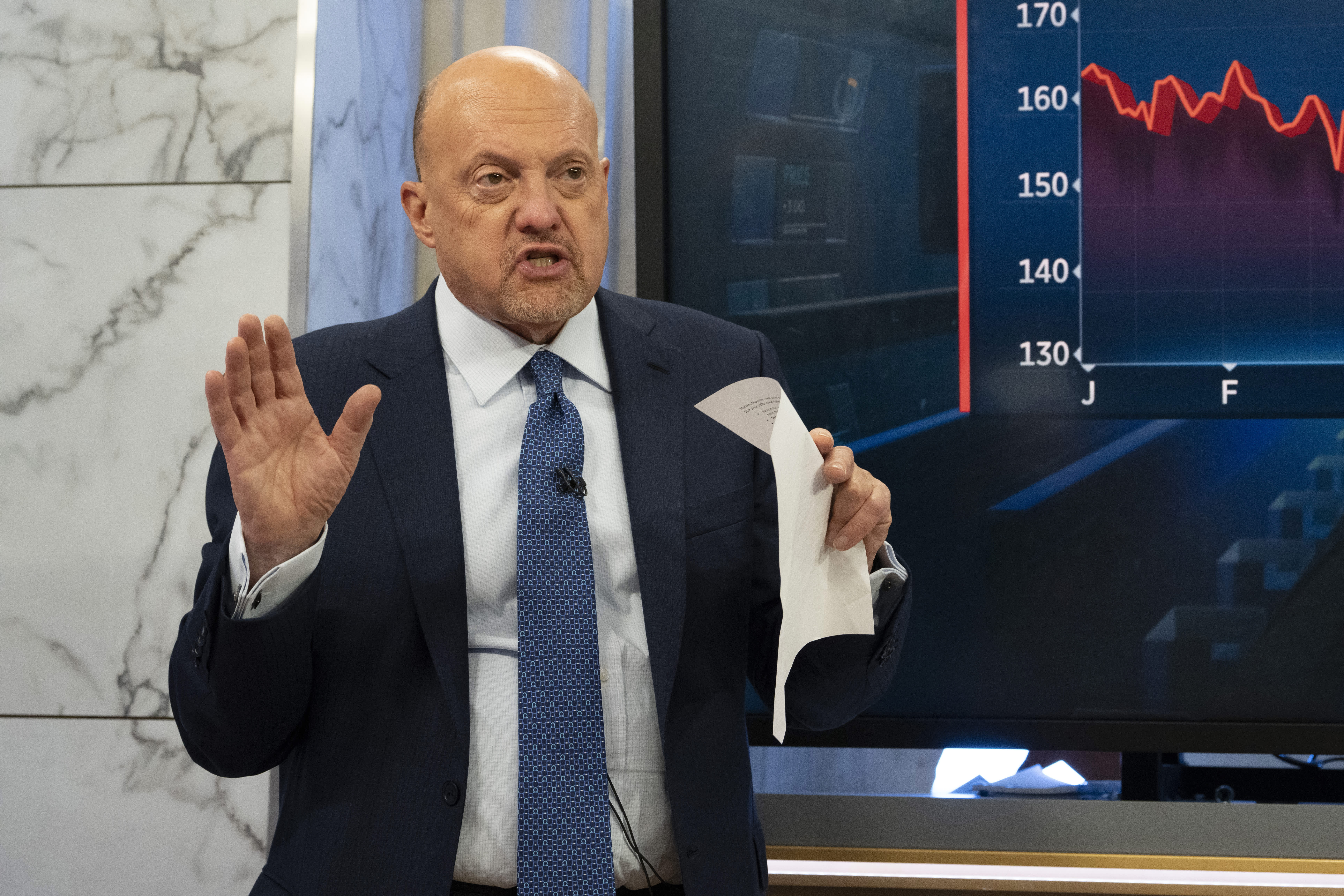Technology
Wednesday, June 12th, 2024 2:40 pm EDT
Key Points
- EU Tariffs on Chinese EVs and Tesla Impact: The European Commission has imposed provisional tariffs of up to 38% on Chinese electric vehicles, effective from July 4, with definitive measures to follow in four months. Tesla, which produces cars in China, may face individually calculated duties as part of this decision.
- Tesla’s Advocacy and EU Examination: Tesla is advocating for lower tariff rates, and the EU is examining Tesla’s situation, including the subsidies it receives in China, which could influence the level of countervailing duties imposed on the company.
- Tesla’s Shanghai Gigafactory and U.S. Tariffs: Tesla’s Shanghai Gigafactory delivered 947,000 vehicles in 2023, with significant exports. The EU’s tariff move mirrors recent U.S. actions, where the Biden administration imposed 100% tariffs on Chinese electric cars, a stance Tesla CEO Elon Musk has publicly opposed.
Tesla faces potential imposition of specially calculated duties on its vehicles produced in China and imported to Europe due to the European Union’s (EU) decision to raise tariffs on Chinese electric vehicles (EVs). This decision was announced on Wednesday by the European Commission, the EU’s executive arm, which set provisional tariffs of up to 38% on Chinese EV makers. These tariffs are scheduled to take effect from July 4 if no resolution is reached with Chinese authorities, with “definitive measures” to follow four months later. The Commission mentioned that Tesla might be subject to an individually calculated duty rate.
Valdis Dombrovskis, the EU Commissioner for Trade, told CNBC that Tesla was advocating for lower tariff rates, a request the Commission was considering. Dombrovskis noted that the Commission could delve deeper into Tesla’s specific situation, including the subsidies Tesla has received in China, which might result in a different level of countervailing duties.
Tesla’s Gigafactory in Shanghai, one of its largest, played a significant role in this context. In 2023, the factory delivered 947,000 vehicles, with 600,000 sold in China and the remainder exported, according to Chinese state media. This high production and export volume highlight the potential impact of the new EU tariffs on Tesla’s business operations.
The EU’s move to impose higher tariffs on Chinese EVs follows similar actions by the United States. Last month, the administration of President Joe Biden imposed 100% tariffs on Chinese electric cars. This coordinated approach between the EU and the U.S. underscores a broader Western response to Chinese EV subsidies.
Elon Musk, Tesla’s CEO, addressed the U.S. tariffs in May, stating that neither he nor Tesla had requested these tariffs. Musk emphasized that Tesla competes effectively in the Chinese market without tariffs or preferential support, expressing his preference for free trade without tariffs.
The ongoing EU investigation into Chinese EV subsidies, which aims to ensure that any measures taken are based on solid facts and evidence, could significantly affect Tesla. The investigation considers the financial support Chinese EV manufacturers receive, which is seen as giving them an unfair advantage in global markets.
In conclusion, Tesla’s situation in Europe is precarious as the company navigates the implications of the EU’s tariff decision. The potential for individually calculated duties adds uncertainty, and the broader geopolitical context involving similar U.S. tariffs on Chinese EVs further complicates Tesla’s strategic planning. Tesla’s reliance on its Shanghai Gigafactory for a substantial portion of its production and exports underscores the significance of these regulatory changes. As the EU and U.S. continue to scrutinize Chinese subsidies, Tesla must adapt to an evolving landscape of international trade regulations and tariffs.
For the full original article on CNBC, please click here: https://www.cnbc.com/2024/06/12/tesla-could-get-special-duties-as-part-of-eus-higher-china-ev-tariffs.html




